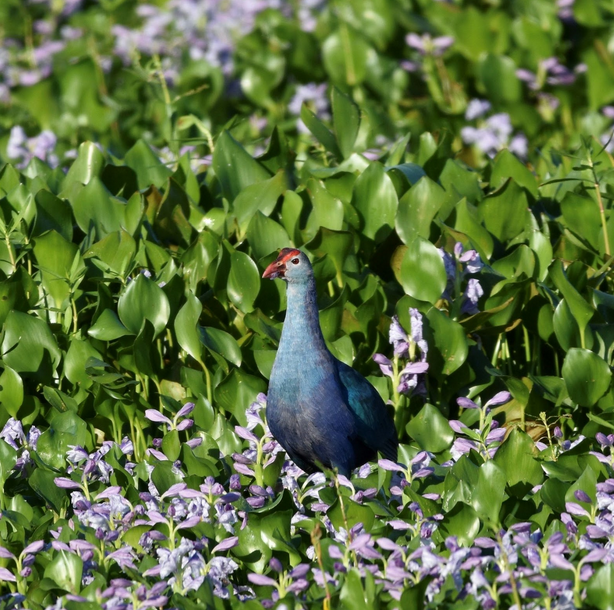It’s that delightful time of year: students are studying for finals and preparing for the holidays while snowbirds begin their invasion of the Sarasota area. Despite the holiday cheer and the terrific traffic, there is another annual event students have to look forward to: Independent Study Projects (ISP). ISPs are a month-long project that takes place during January—a unique New College experience.
For seasoned students, ISPs can be fairly simple. However this is a new concept to first-year students. To make this transition as smooth as possible, administration has organized a list of group ISPs that allow students to work with one another. Here are some of the group ISPs available for all students.
Animal Betterment
This first-year immersive ISP is sponsored by Professor of Biology & Marine Science Sandra Gilchrist and focuses on the positive and negative impacts on animals used in performance and entertainment. For example, entertainment centers such as Sea World, circuses and zoos rely on animal attractions. Using local settings such as the Sarasota Jungle Gardens and the Clearwater Aquarium, students will evaluate the negative effects on the animals used in these entertainment centers.
Students will also have the opportunity to earn a certification for Pet CPR where they will learn how to take vitals, check breathing cardiac activities, work with animals that are seizing, learn what to do if a pet is bleeding and about preventive care. Students are expected to keep a notebook in order to reflect on readings and field trips as well as a short paper on animal betterment.
Birding New College
This first-year immersive ISP is sponsored by Associate Professor of Biology Liz Leininger and Associate Dean of Academic Engagement Helene Gold. For this group ISP, students will learn the basics of bird identification and bird behavior. Students will learn how to identify common birds that appear on campus and in Southwest Florida, as well as basic birding etiquette. These skills will be learned by attending four group birding outings or field trips a week, participating in other birding activities, engaging in various assignments regarding videos and readings as well as keeping a bird journal.
There are three different tracks or options students can choose from: the reading track, the internship track and the service learning track. The reading track involves reading and discussing books related to birding—these books will be chosen by mutual agreement. The internship track involves a mini internship focused on habitat conservation, public communication, community science and more. The service-learning track involves volunteering and reflecting on real-world issues such as improving bird habitats.
Students will work with organizations such as Sarasota Audubon Society and Birdability. Each student will participate in a group presentation at the end of the ISP.
Immersive Storytelling and Theme Park Design
Director of Writing Jennifer Wells sponsors this ISP, allowing students to learn about introductory concepts to understand immersive storytelling. Students will then apply this knowledge to their own creation by creating their own theme park.
Students will create a story and produce a draft of their theme park before spending two days in workshops hosted by Disney’s Imagination Campus. Students will gain valuable experience that will prepare them for various internship and career opportunities.
New College Coastal and Marine Observatory
This ISP is sponsored by Assistant Professor of Coastal and Marine Sciences Gerardo Toro-Farmer. During this group ISP, students will learn how to plan and execute short and long-term projects regarding coastal ecosystems. There will be field and laboratory opportunities for students to learn and gain techniques to analyze and observe marine ecosystems and data.
Students are expected to perform weekly progress reports and participate in fieldwork and laboratory opportunities. Students will work at least 30 hours per week and keep notes in a notebook. A self-reflective essay regarding their participation in research and future opportunities is required and students will work together to create a portfolio regarding the project as a whole.

